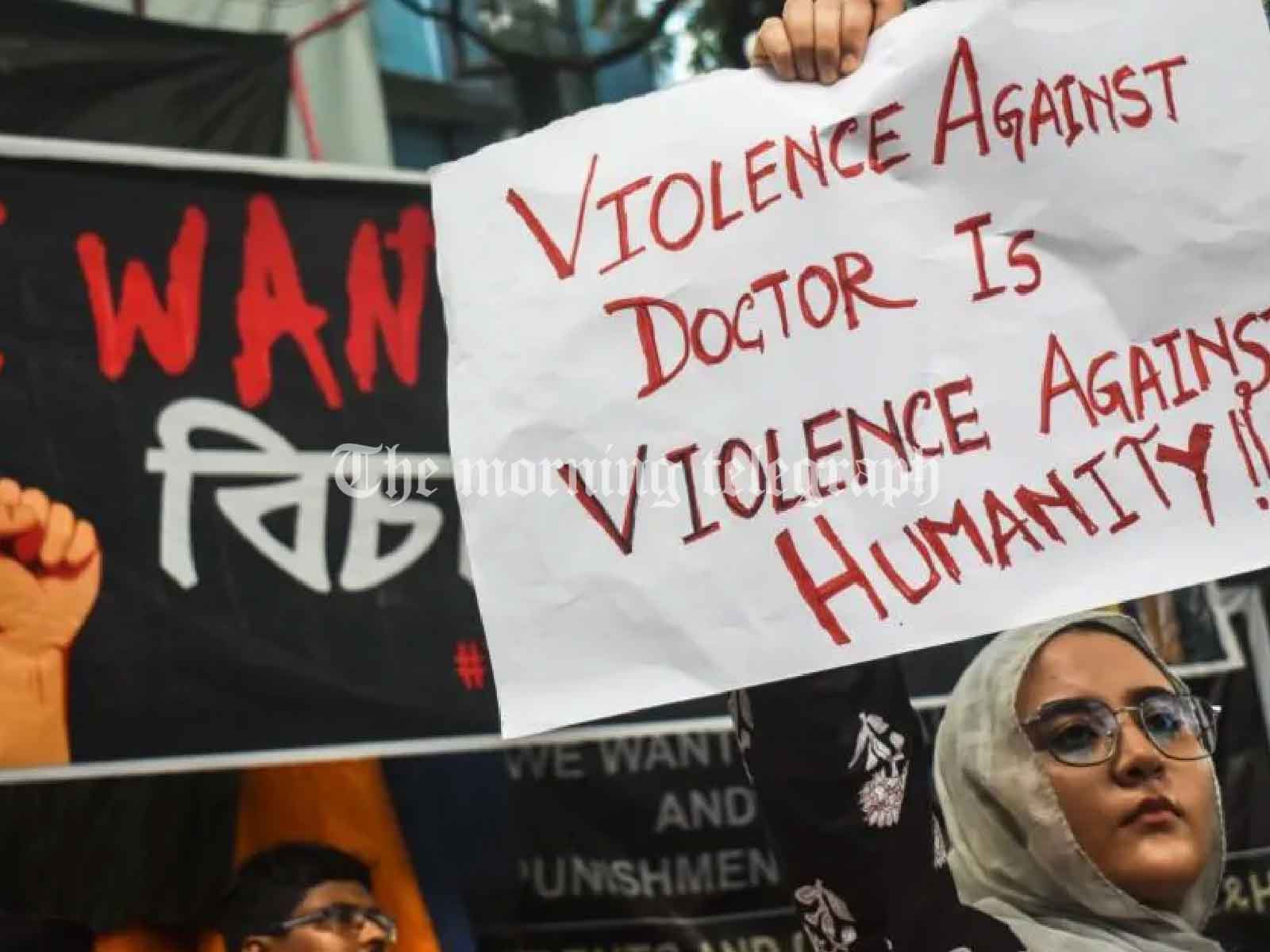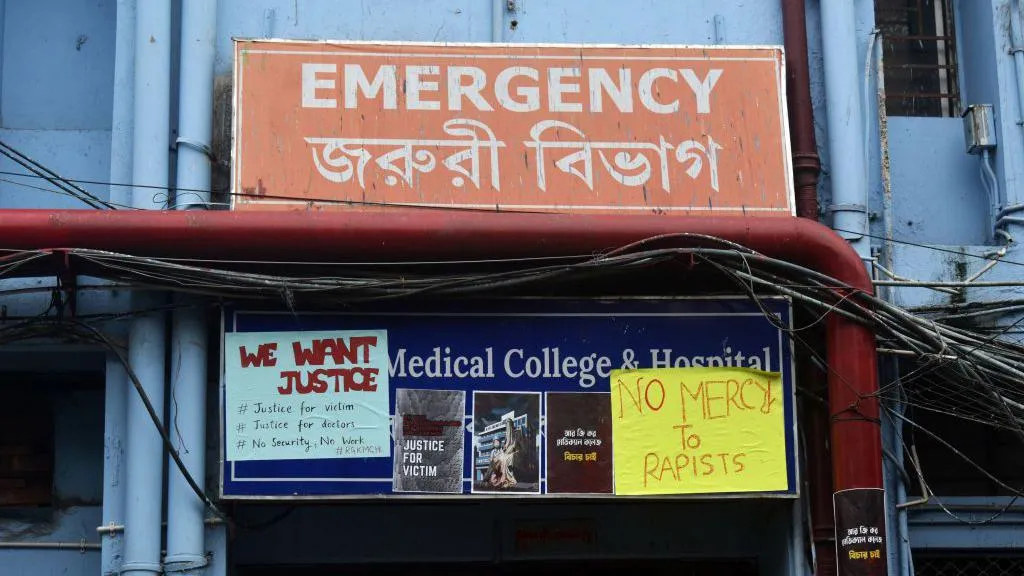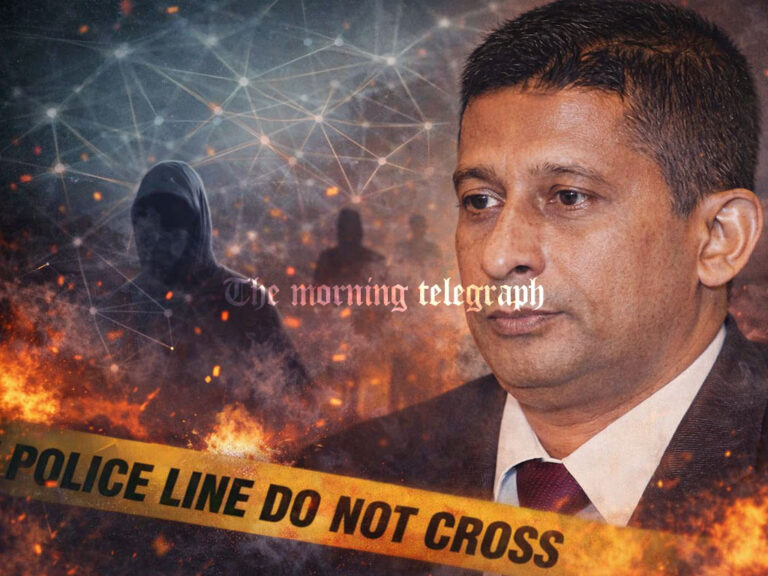
Kolkata, August 13, 2024 — The tragic murder of a 31-year-old female trainee doctor at Kolkata’s RG Kar Medical College has ignited widespread outrage and protests across India. The doctor, who had been working at one of India’s oldest hospitals, was found dead on the podium of a seminar hall, bearing severe injuries. A hospital volunteer worker has been arrested in connection with the alleged rape and murder.

The horrifying incident has spurred tens of thousands of women in Kolkata and West Bengal to participate in a ‘Reclaim the Night’ march on Wednesday night, demanding “independence to live in freedom and without fear.” The march is scheduled just before India’s Independence Day on Thursday. The tragedy has also led to widespread strikes by doctors nationwide, who are calling for stricter federal laws to protect healthcare workers.
The case has drawn attention to the broader issue of violence against medical staff in India. Reports of assaults on doctors and nurses by patients and their relatives have become increasingly common. Women, who make up nearly 30% of India’s doctors and 80% of nursing staff, are particularly vulnerable.

At RG Kar Medical College, the overworked trainee doctors, some of whom work up to 36 hours straight, had no designated rest rooms, leading them to rest in makeshift spaces like seminar rooms. The suspect, a volunteer with a troubled past, had unrestricted access to the hospital and was captured on CCTV. Allegations suggest that no background checks were conducted on the volunteer.
Insecure Working Conditions
Dr. Madhuparna Nandi, a junior doctor at Kolkata’s National Medical College, shared her own experiences of inadequate facilities and security. She described using patient or nurses’ toilets and sleeping in makeshift beds due to the lack of designated rest areas. Dr. Nandi recounted a distressing incident from 2021 when she was harassed by men demanding treatment, highlighting the insecurity faced by medical staff.

The incident at RG Kar Hospital is not an isolated case. Historical cases like that of Aruna Shanbaug, a nurse who was raped and left in a vegetative state in 1973, and recent attacks such as the stabbing of intern Vandana Das in Kerala, underscore the severity of the issue. Overcrowded government hospitals, with their lack of security and unrestricted access, contribute to the danger faced by healthcare workers.
Calls for Reform
The tragic murder has amplified calls for reform in hospital security and protection for healthcare workers. Despite some states implementing measures like deploying private security and installing CCTV cameras, significant gaps remain. The Indian Medical Association (IMA) reports that violence against doctors is rampant, with convictions being “almost non-existent.”
Dr. Saraswati Datta Bodhak, a pharmacologist, notes the increasing presence of anti-social elements in hospital campuses, while RV Asokan, IMA president, criticizes the lack of comprehensive federal laws and security measures.

The situation reflects a broader systemic issue in India’s healthcare system, where medical professionals are often expected to endure abuse and inadequate working conditions as a norm. The recent protests and demands for change highlight the urgent need for improved safety and support for those who serve on the front lines of public health.




